Portraits and Conversations Between Men, about Strength and Masculinity
ABOUT THE PROJECT
There are the words that we’ve learned, and words we choose, that reinforce daily the definition of what it means to be a man. Words that build ego and hide insecurity. Nicknames. Phrases that mask vulnerability—often with humor. Words intended to characterize and categorize. We hear these words, we internalize them, and then do what every manly man is supposed to do: avoid talking about them, or how they make us feel.
But we do feel them. We project them. We absorb them, and adopt many of them as our own. We shut down, give in and eventually find that we’re boxed in by stereotypes of ourselves, extending out into our families, relationships, and the world around us.
This project is simply a prompt for conversation; an invitation to dialogue about how we see ourselves, and how that impacts the ways we see, talk, and think about others. It’s something we can do in any setting, on any day, and in that, it’s a frustratingly simple concept. But all of this is awkward, and vulnerable, and…well, beautiful, and that’s just not something manly men are taught to engage.
Let’s change that.
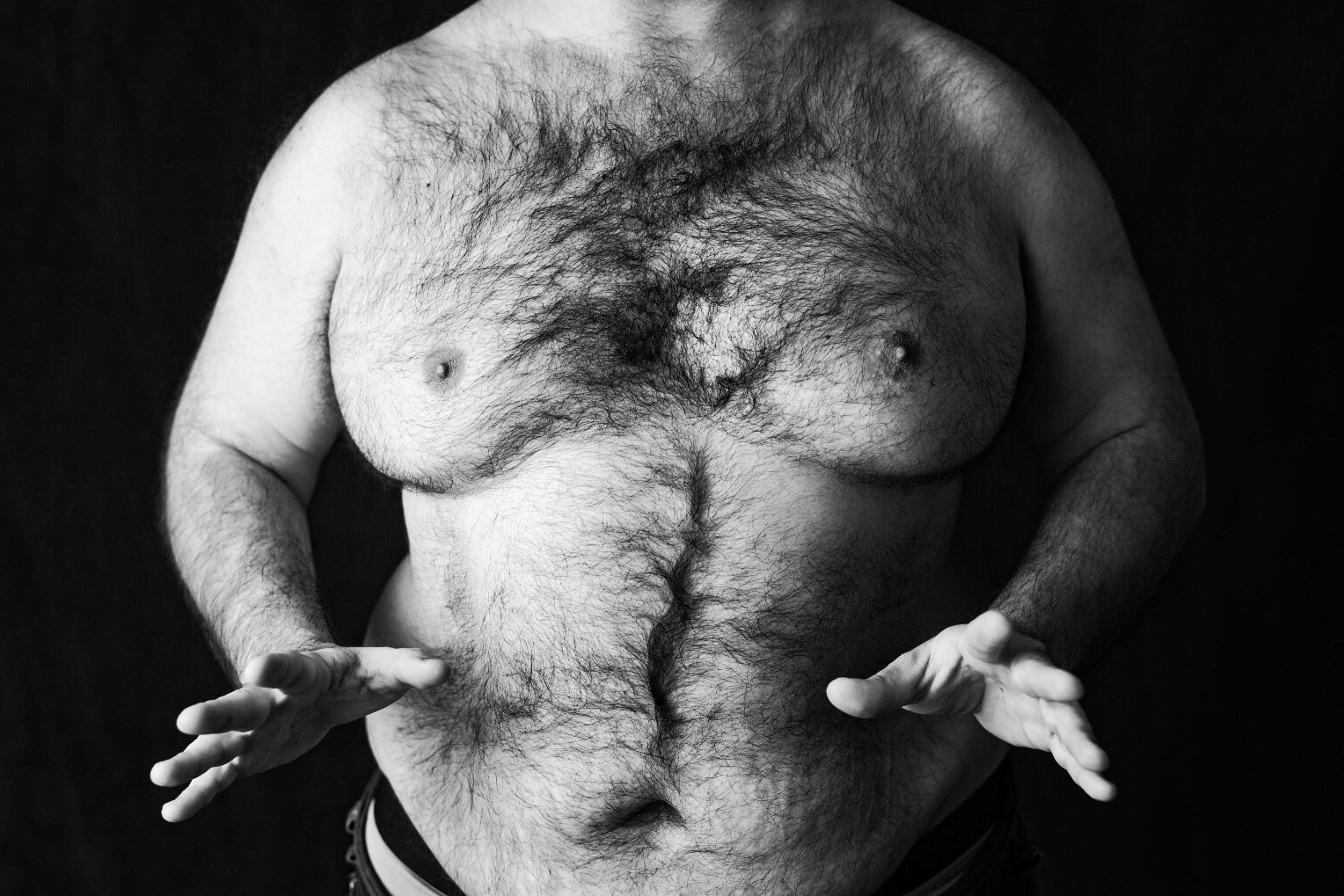
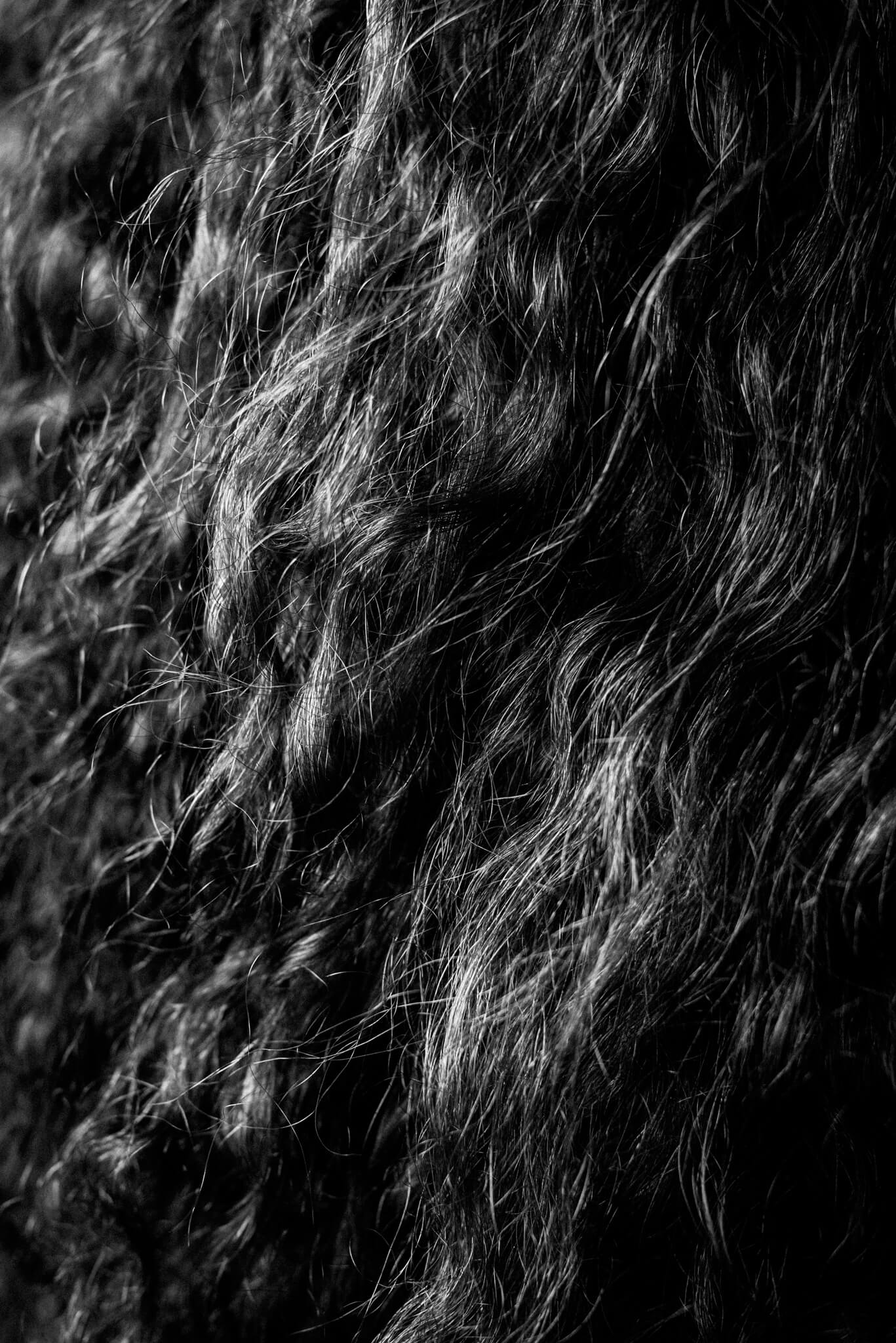
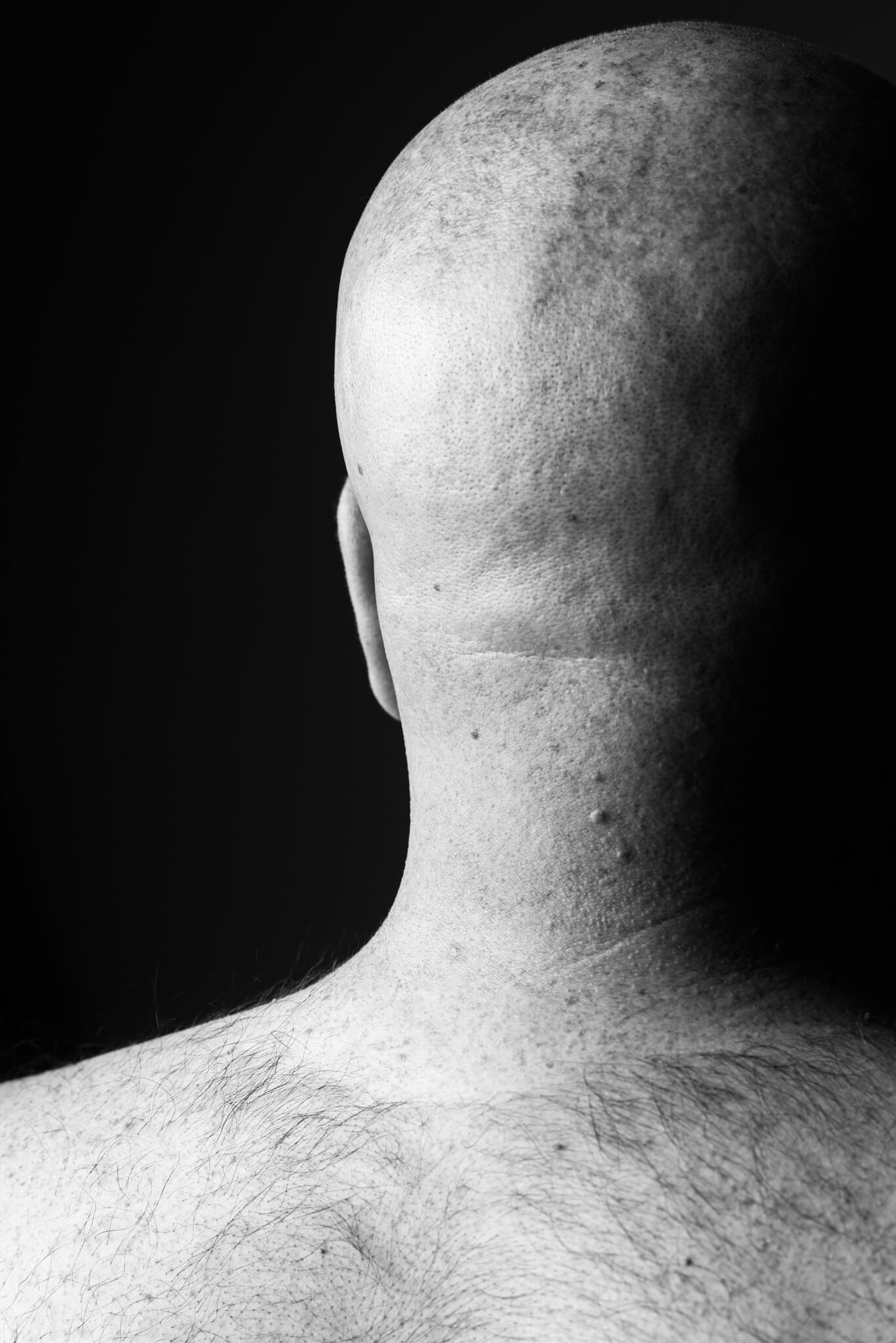
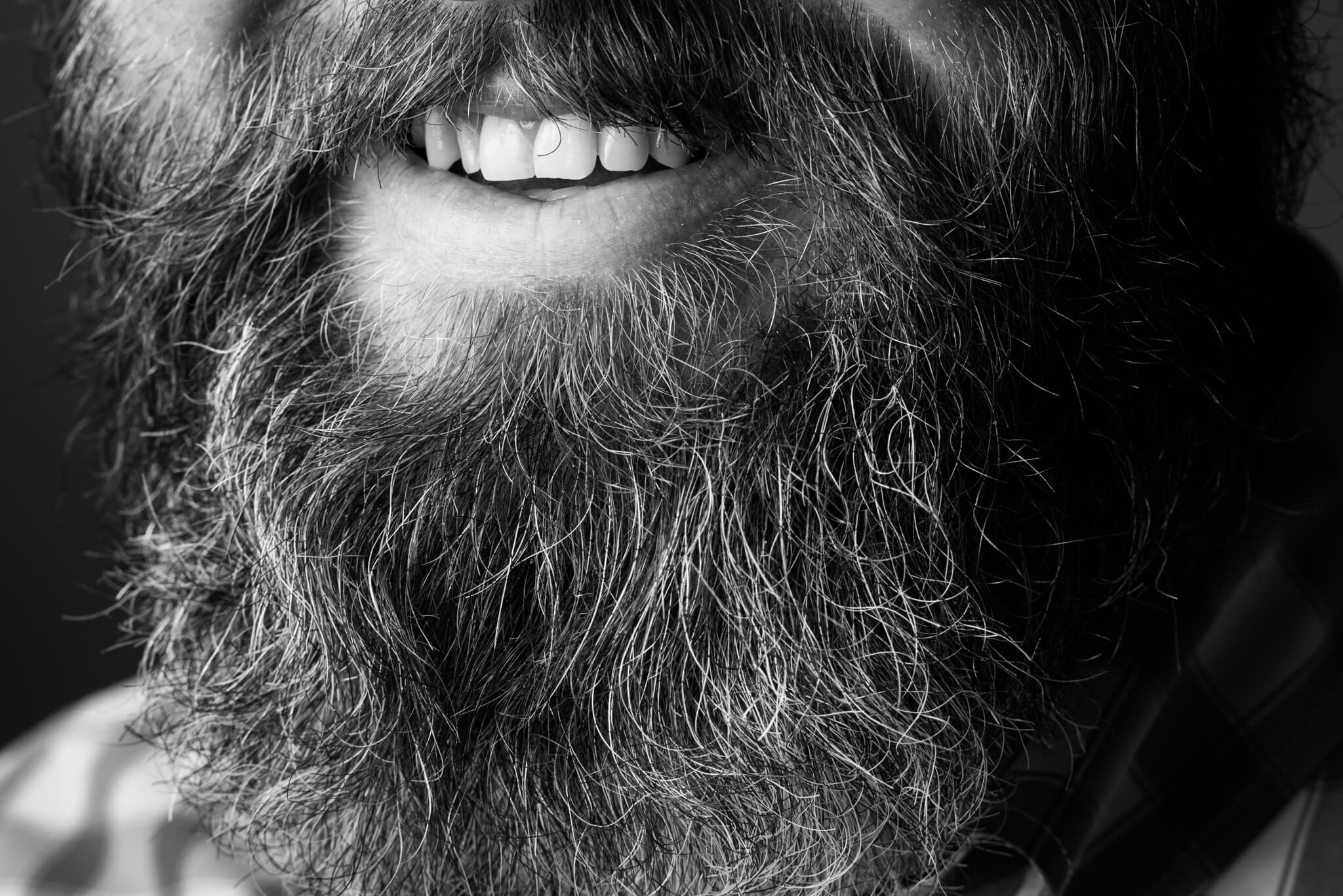
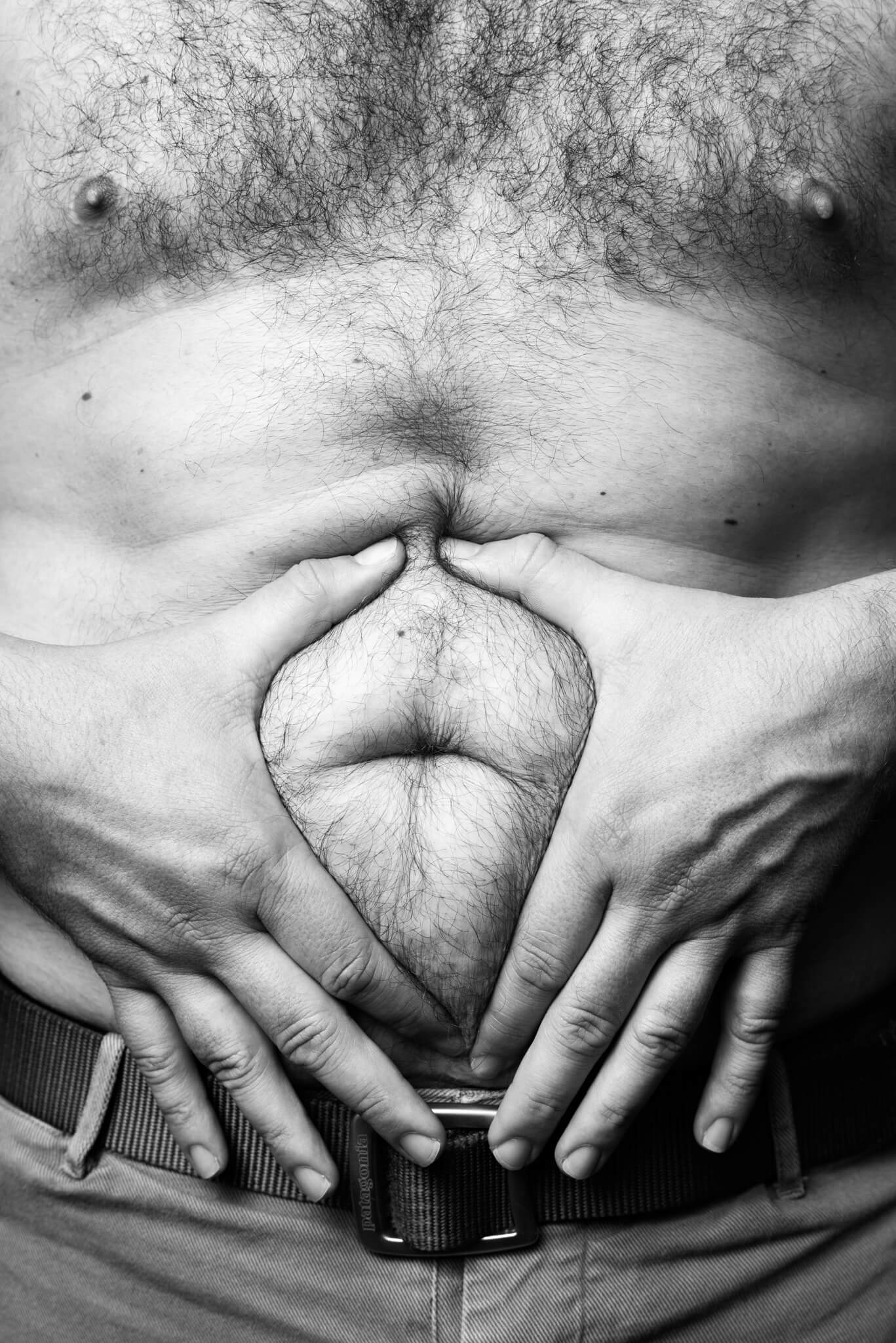
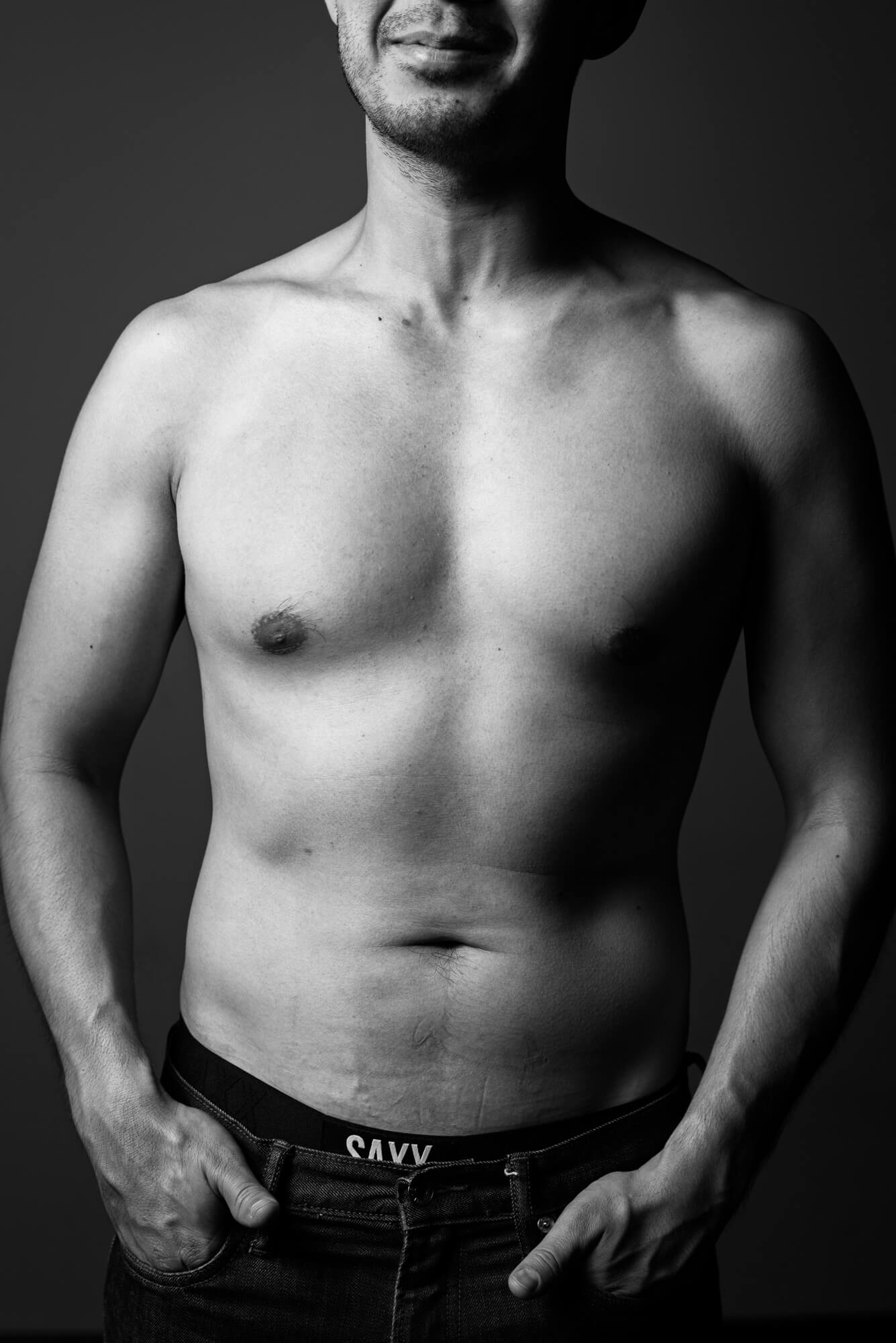
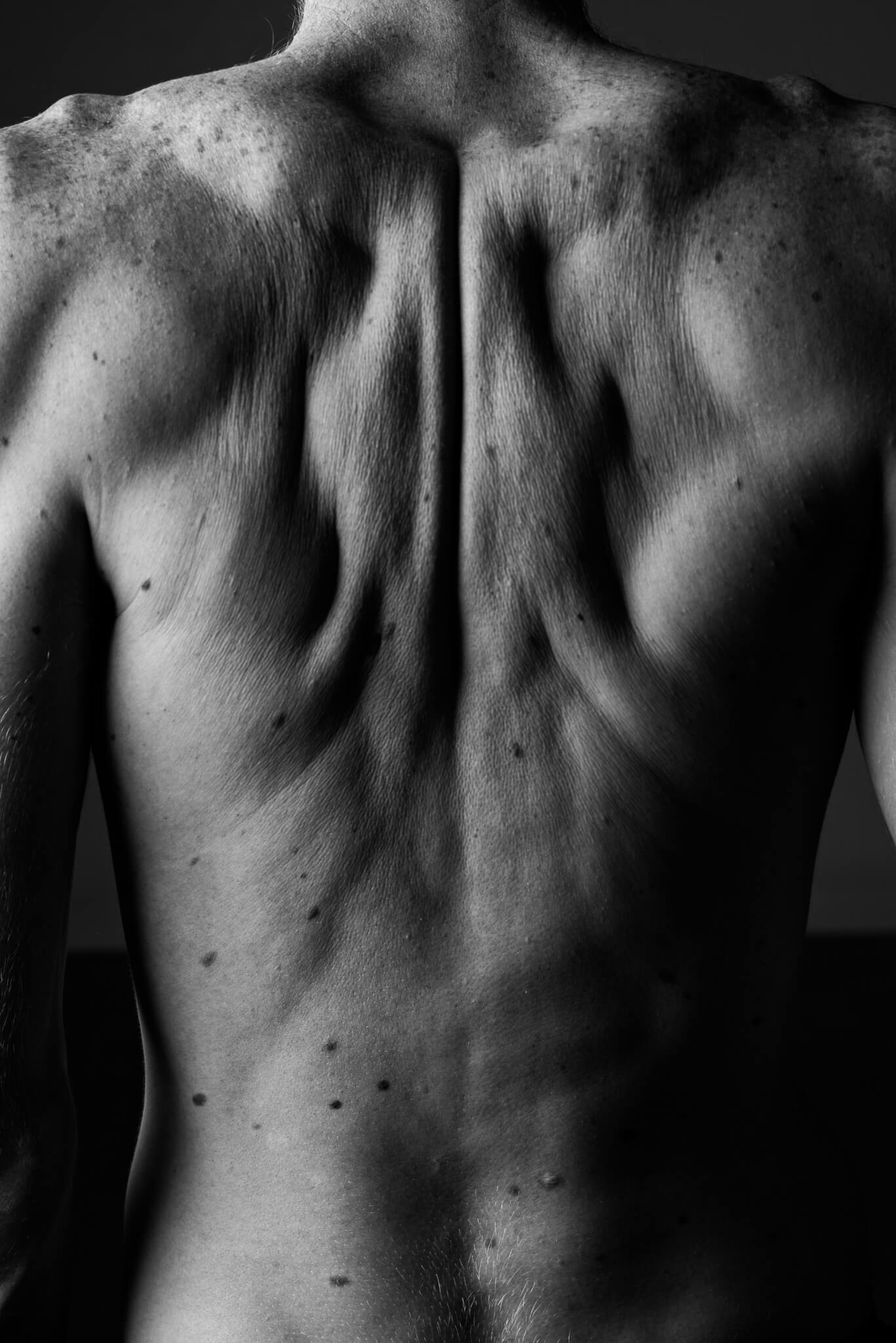
LET’S WORK TOGETHER
Ways to Participate
- Start a conversation.
Seriously, this is the easiest action to take. Just open up a dialog with a male friend. Here’s an easy prompt: Where did you learn how to be a man? - Share a story.
Write out an experience that’s challenged your definition of masculinity, open up about a childhood nickname that still triggers an insecurity, maybe share an experience in starting a conversation, as mentioned above. As the project grows, we’ll find ways to weave in these stories. - Schedule an interview and portrait session.
Need a little help teasing out your words? Let’s set up a time to talk, and take a few photos. Sessions average about two hours–drop a note in the form below and I’ll reach out with more info on what to expect.
Ways to Support
- Sponsor the project.
This work is personal, time intensive, and requires some hard costs—studio rental, for example. Recognition of both monetary and in-kind sponsorship is open for discussion. - Buy some prints.
Not from this project…that’d be a little invasive, no? But prints from several fine art series are available for purchase in the Paprika Print Shop, and by decorating your space, you’ll be helping to support more people-focused projects like this one. - Commission the studio.
Own a business in need of story-driven commercial imagery? Need a new headshot? Product photos? Paprika Studios can help, and as with the prints, proceeds from client work also help support personal projects.
Have a different idea? Let’s talk.
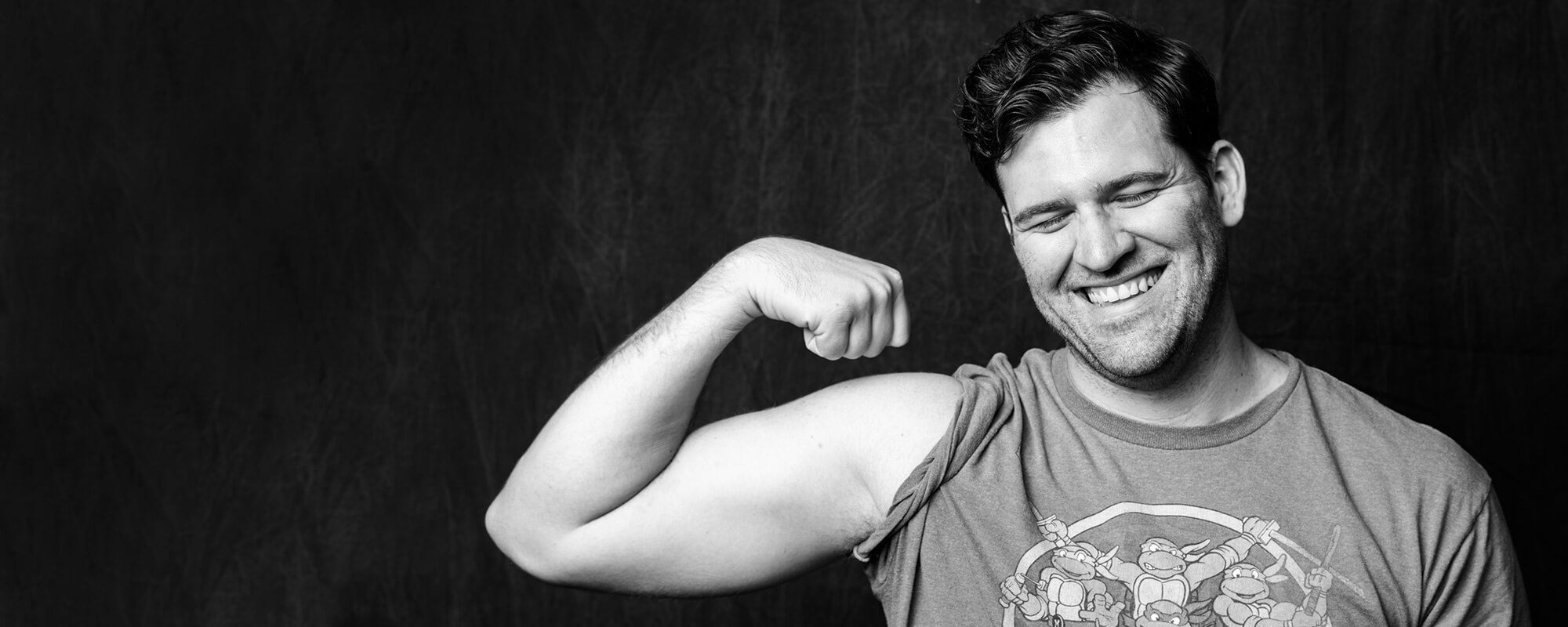
CONTACT
The Words We Use is a personal project of James Collier, and is produced by Paprika Studios, both based in Brooklyn, New York. For questions, collaborations, or just to get something off of your chest, drop a line using the form here, and James will reach out to connect further.